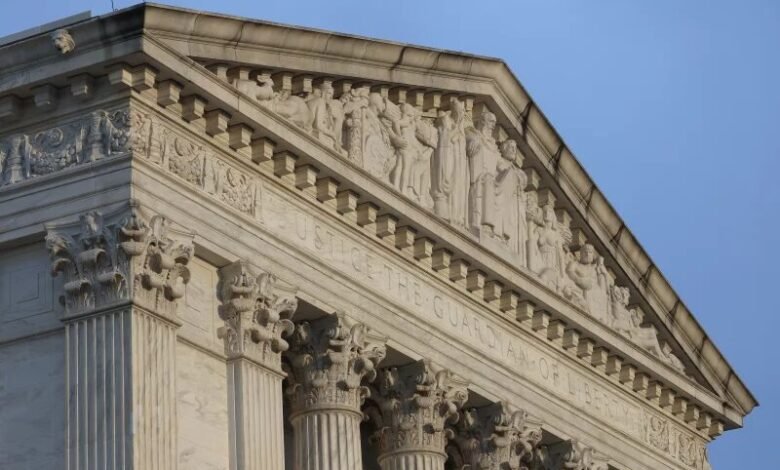Supreme Court Sets May Hearing on Trump’s Birthright Citizenship Order

The U.S. Supreme Court announced Thursday that it will hear arguments on May 15 in a case challenging President Trump’s attempt to end birthright citizenship. A final decision is expected by late June or early July. However, no immediate ruling was issued, and the Court did not indicate interest in addressing broader questions raised by the Trump administration, such as limiting nationwide rulings by individual district judges.
Trump’s executive order banning birthright citizenship, issued on his first day in office, has been blocked by every court to review it. The consensus among courts, legal scholars, and past administrations is that birthright citizenship is constitutionally guaranteed by the 14th Amendment, which states: “All persons born or naturalized in the United States, and subject to the jurisdiction thereof, are citizens of the United States.”
Despite the Supreme Court’s 127-year-old precedent affirming that interpretation, Trump has repeatedly claimed that not all children born on U.S. soil are automatically citizens, a view widely dismissed as fringe.
Three federal district courts have struck down Trump’s order, and three appeals courts upheld those decisions. Judge John Coughenour, a Reagan appointee, was the first to rule against it, calling the executive order “blatantly unconstitutional.”
Interestingly, even Trump’s legal team stopped short of asking the Supreme Court to fully reverse lower court rulings. Instead, they requested a narrowing of the decisions so that the administration might begin planning a new policy rollout.
A group of states challenging the order wrote bluntly in their brief to the Court: “For over a century, it has been the settled view of this court, Congress, the Executive Branch, and legal scholars that the Fourteenth Amendment Citizenship clause guarantees citizenship to babies born in the United States, regardless of their parents’ citizenship, allegiance, domicile, immigration status or nationality.”





